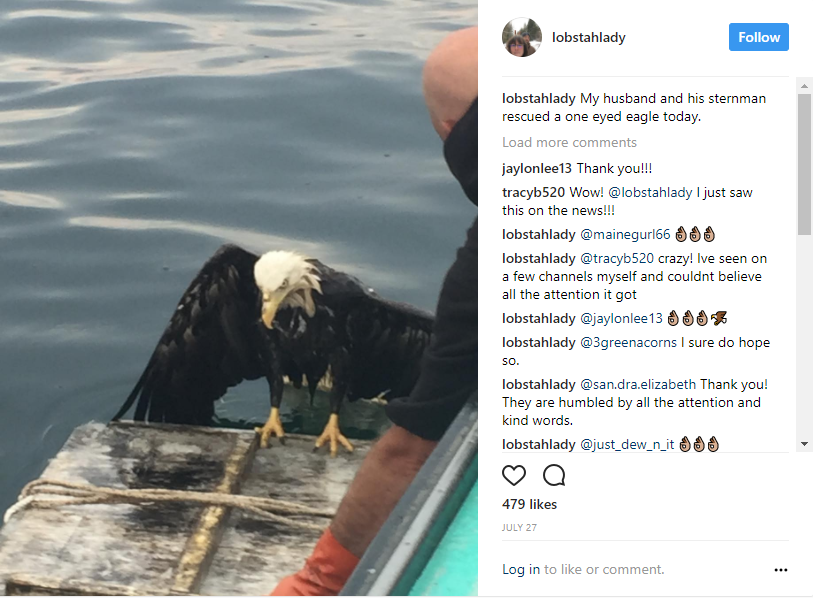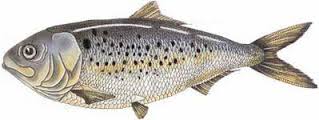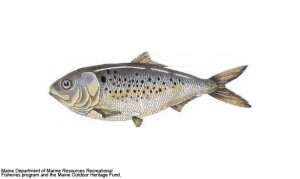
Happy Monday-est Monday!
Foghorn (A Call to Action!)
- This is the final week to get you abstracts in for the International Marine Conservation Congress, the premier ocean conservation conference, coming to you from Kuching, Malaysia this June! We got a cracking good symposium on human impacts in the deep sea and plenty of travel grants available for researchers in need. And, for the first time, we’ll be hosting Make for the Planet, Borneo!
Flotsam (what we’re obsessed with right now)
- An outstanding piece on exploitation in the high seas by Jeff Marlow. The High Seas Are Being Exploited. Exploration Must Keep Pace.
- This is a thing that happened:






